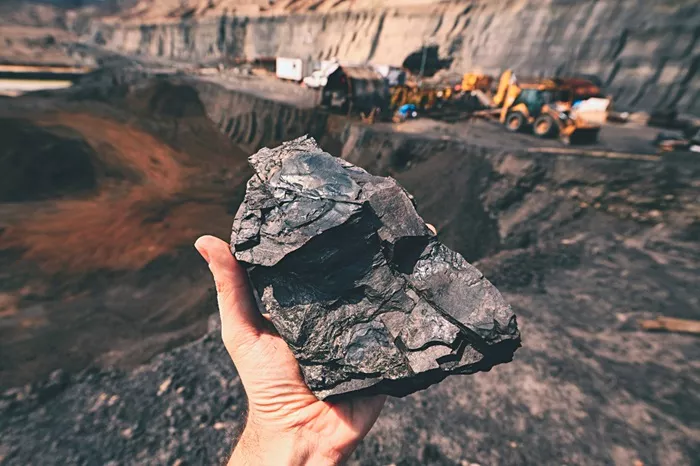South Africa, historically reliant on coal as the backbone of its energy and economy, is now embarking on a significant transition away from fossil fuels. The country, which produces and exports large volumes of coal to fuel its population of over 60 million, has unveiled a $2.2 billion coal-exit initiative backed by funding from the World Bank.
Coal currently supplies about 82 percent of South Africa’s energy needs, with nearly 28 percent of its coal production exported—mainly through the Richards Bay Coal Terminal—making the nation the world’s fourth-largest coal exporter. Despite this, South Africa was the 15th-highest carbon dioxide emitter globally in 2023.
While coal mining is widespread across the country, five major producers account for roughly 85 percent of marketable coal, and just 11 mines contribute 70 percent of total output. The country benefits from relatively shallow coal deposits with thick seams, which makes mining more cost-effective than the global average. At current extraction rates, South Africa has an estimated 50 years of coal reserves remaining.
The country’s long-standing dependence on coal for energy and revenue has cast doubt on its ability to transition quickly to greener alternatives. However, in June, the World Bank’s Climate Investment Funds (CIF) revived support for South Africa’s Accelerating Coal Transition plan, which had been delayed after the government requested to postpone the closure of three coal-fired power plants to mitigate an energy crisis.
Under the renewed plan, CIF is set to provide $500 million, potentially unlocking an additional $2.1 billion from other multilateral lenders. South Africa must now submit detailed project cost estimates for CIF approval. Initially announced in 2022, the plan’s success hinges on South Africa’s capacity to reduce coal reliance by expanding its renewable energy infrastructure.
Globally, CIF funds aim to support energy transitions across multiple countries, with the U.S. as the largest contributor—having donated $3.8 billion by the end of 2024—followed closely by the U.K., Germany, Japan, and Canada. Nevertheless, concerns loom over future U.S. involvement after the Trump administration’s withdrawal from the Paris Agreement and cuts to the Green Climate Fund. Earlier this year, the U.S. also pulled back from international efforts to help Indonesia, Vietnam, and South Africa reduce coal dependence.
Despite mounting pressure from environmentalists to phase out coal and promote renewables, South Africa’s government has historically maintained coal’s central role. In 2020, it approved procurement of substantial new coal-fired capacity, even as it expressed support for solar and wind projects. However, in a landmark April ruling, a court declared the government’s recent coal expansion plans unlawful and unconstitutional—following a legal challenge by three environmental and climate justice groups.
The transition faces social challenges, too. Hundreds of thousands of coal workers fear job losses amid the shift. A 2023 government report estimated that 80,000 mining jobs in the Mpumalanga province alone could be at risk. Many argue that renewable energy development must accelerate before coal plant closures proceed.
Joanne Yawitch, head of the government’s Just Energy Transition unit, acknowledged the complexity of coal phase-outs, stating, “These coal transitions are difficult right around the world and they take decades to achieve. In many developed countries, substantial financial investment has been necessary for success.”
For South Africa to succeed, the government must devise a clear roadmap to expand renewable energy capacity, supported by an adequate power transmission network. Equally important is planning a just transition that equips coal workers with new skills, enabling them to find employment within the evolving energy sector.


